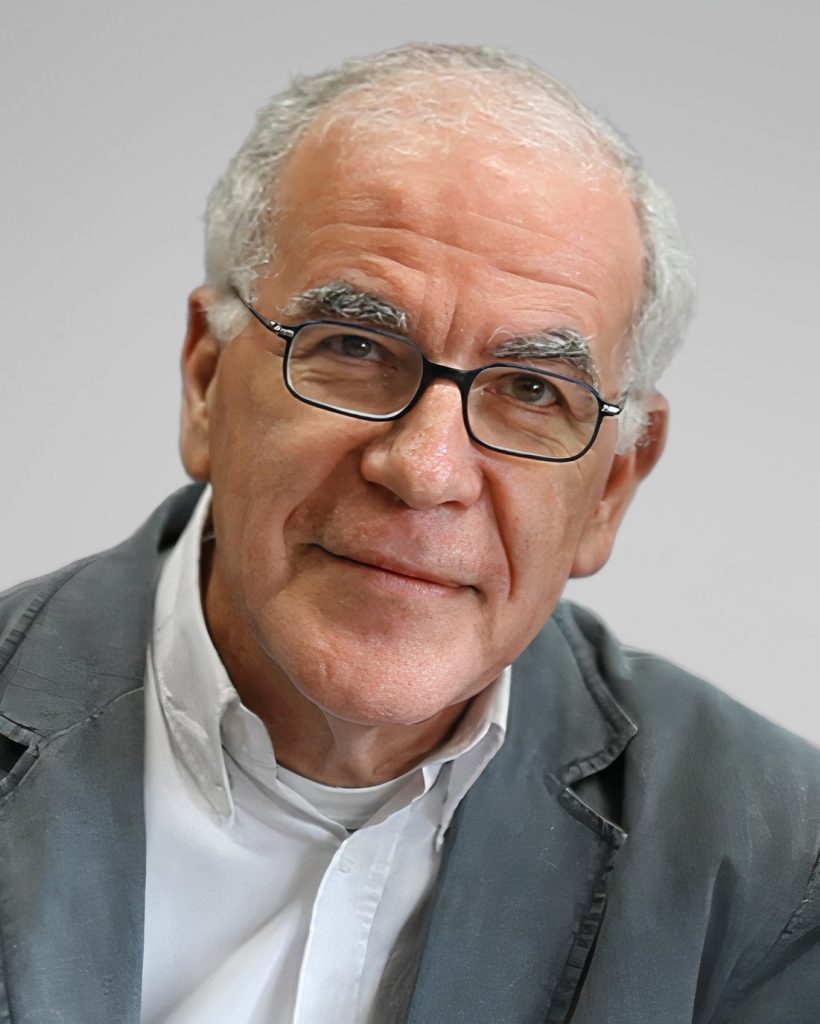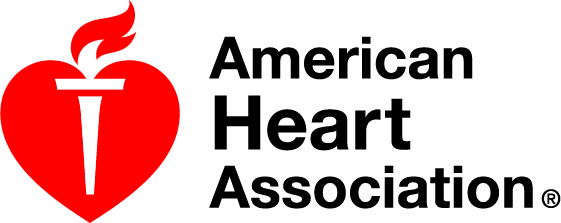A Springer Nature journal has retracted a paper sourced from a paper mill – not an uncommon occurrence nowadays. What adds a bit of intrigue is that the manuscript was submitted with a fake email address to keep the alleged corresponding author from knowing about it.
The paper, “Electrophysiological Follow-Up of Patients with Chronic Peripheral Neuropathy Induced by Occupational Intoxication with n-Hexane,” was published in Cell Biochemistry and Biophysics on May 23, 2014 and has been cited 14 times, according to Clarivate Analytics’ Web of Science.
Here’s the notice:
Continue reading Researcher uses fake email address to submit a paper mill manuscript without corresponding author’s knowledge







